Key Takeaways:
- Improvements in sustainability and efficiency are evidenced in new high-tech asphalt mixtures.
- Innovative technologies contribute to the longevity and cost-effectiveness of urban infrastructure.
- Eco-friendly practices in road construction signal a move towards more recyclable materials.
- Technology is at the forefront of addressing current challenges in roadway maintenance.
Table of Contents
Understanding the Impact of Advanced Asphalt Solutions
The impact of modern road repair solutions is profound and far-reaching. By simplifying and improving the road repair process, these innovative materials enable quick fixes essential for maintaining traffic flow and preventing congestion, especially in urban areas where time is of the essence. Among the key advantages of these cutting-edge materials is their flexibility for use in varying temperatures and weather conditions—a leap forward compared to traditional hot mix asphalt, which requires strict temperature control and can cause significant delays in road repair projects.
The extended lifespan of these modern solutions, including EZ street asphalt, leads to a noticeable decrease in the required frequency and maintenance cost. This is catalytic for urban environments where the efficiency of repairs and the quality of roadways significantly influence daily commutes and overall quality of life. Long-lasting repairs epitomize our progress in selecting and applying suitable materials for our infrastructure needs, resulting in roads that withstand the test of time and use.
Assessing the Sustainability of High-Tech Asphalt Mixtures
Gone are the days when road materials were used once and then sent to landfills. An emphasis on sustainability is driving the adoption of high-tech asphalt mixtures that are durable and environmentally friendly. Amongst these, asphalt blends that incorporate recycled materials stand out for their performance and role in reducing the consumption of virgin resources. Such blends are a testament to the road construction industry’s commitment to greener practices—an essential step toward sustainable urban development.
Innovations in recyclable asphalt mixtures are particularly noteworthy. The entire lifecycle of these materials, from production to end-of-life recycling, underscores a strategic shift to resource conservation and environmental stewardship in the industry. This attention to lifecycle is a prime example of how road repair can be part of a more significant movement toward sustainable infrastructure, with recycled asphalt as a blueprint for future material usage.
Smart Asphalt Applications in Urban Development
Urban centers are expanding at a rate never seen before, making the need for intelligent infrastructure management solutions critical. Innovative materials like sensor-embedded asphalt give rise to a data-driven approach in urban planning, allowing for constant monitoring and efficient resource management. Technologies embedded within road materials can detect traffic patterns, assess wear and tear, and even predict necessary maintenance, paving the way for roads that connect us physically and inform us intellectually.
Integrating these materials into the urban landscape signifies a substantial change in how we view roadways—from static elements to dynamic, informative platforms that contribute to the overall smart city ecosystem. As urban development evolves, intelligent materials will inevitably play an increasingly crucial role, augmenting the relationship between infrastructure and technology.
Challenges and Solutions in Roadway Maintenance and Repair
The transition to utilizing advanced asphalt solutions is relatively easy. One of the foremost concerns is adapting to the extreme weather patterns exacerbated by climate change. New formulations are being designed to withstand a broader range of temperatures, effectively addressing this challenge. By enhancing material adaptability, researchers and manufacturers ensure that road repairs remain robust regardless of environmental stressors.
Furthermore, advancements in predictive technologies and management systems are aiding in preempting roadway degradation. The ability to forecast maintenance requirements through artificial intelligence and machine learning models is revolutionizing the industry, allowing for strategically scheduled repairs and averting the escalation of minor wear into more significant issues.




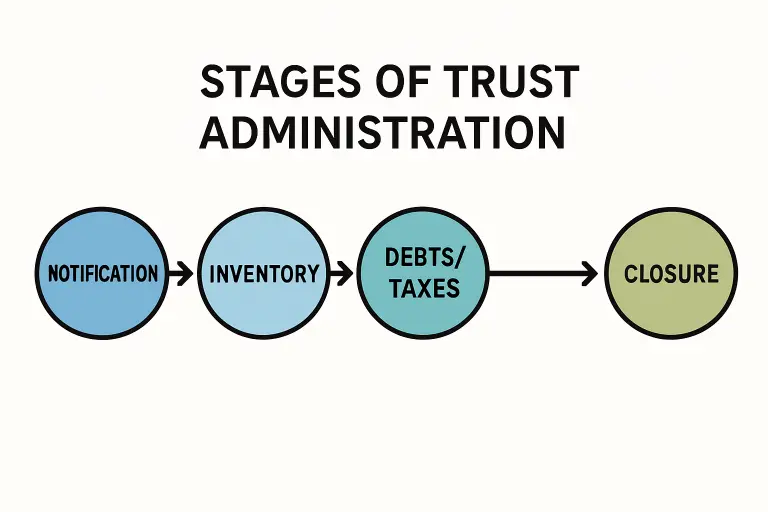



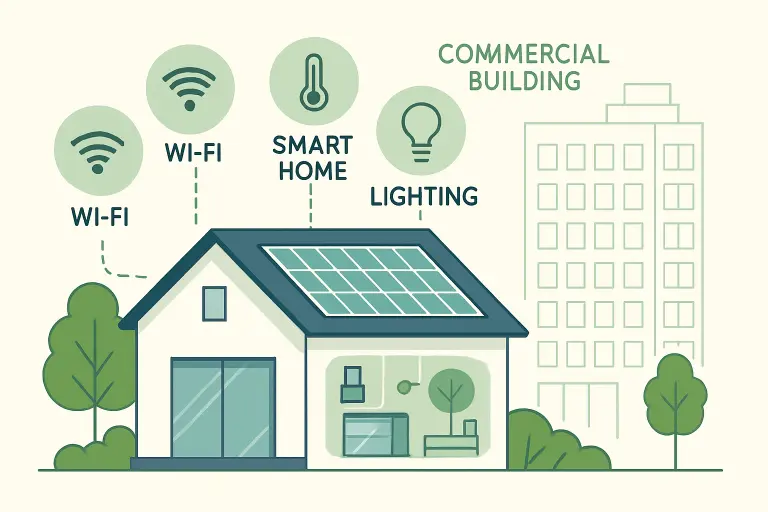











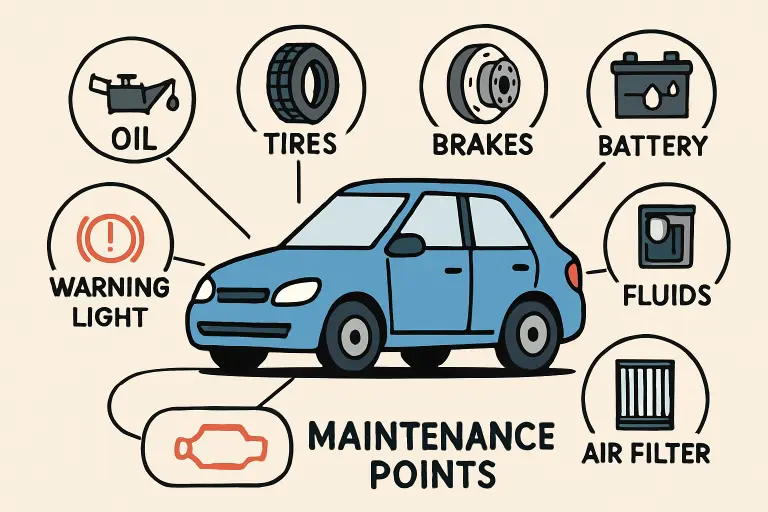


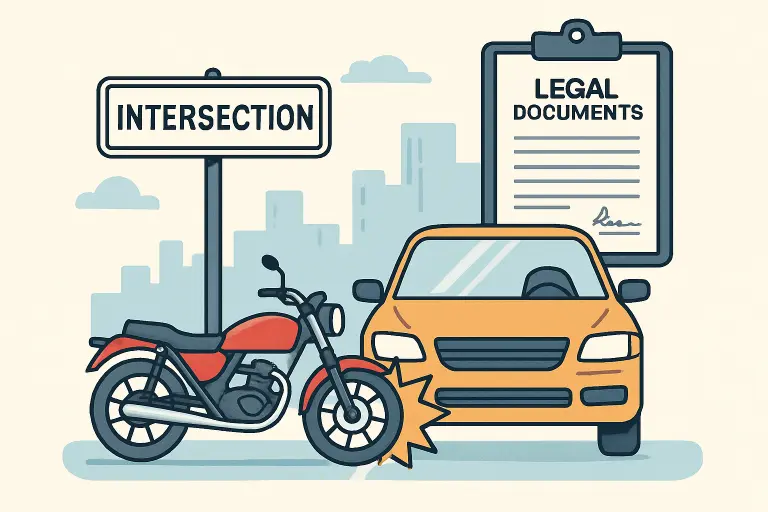










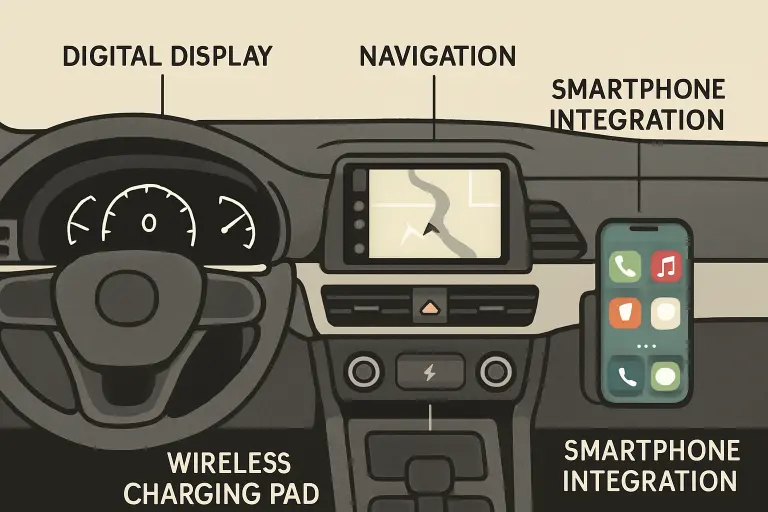


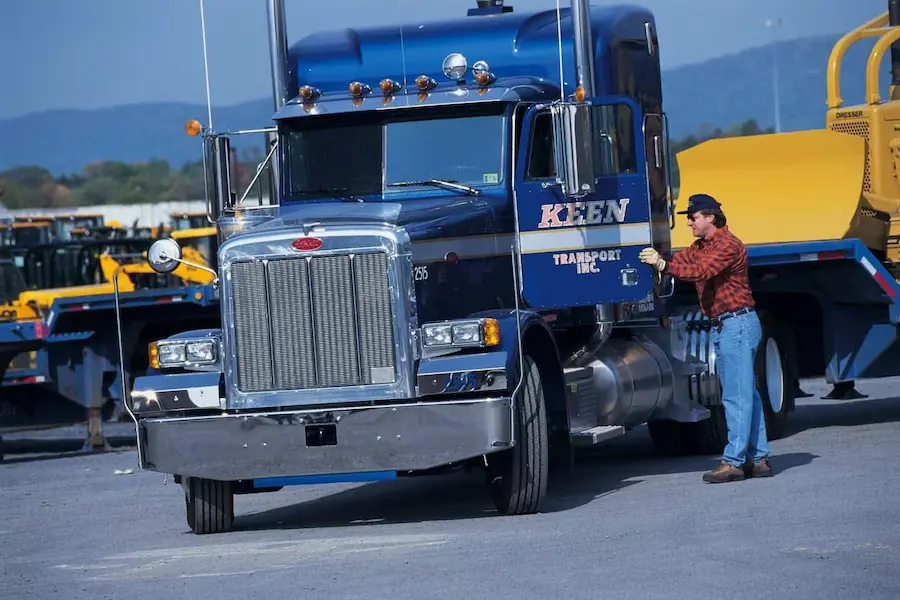




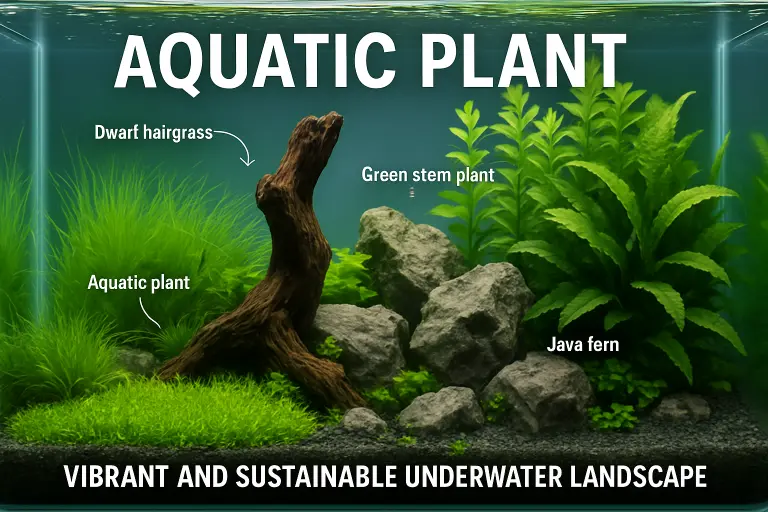




















































































































































































































































































































































































































































































































































































































































































































































































































































































































































































































































































































































































































0